13 Outdated Rules Women Had to Follow in the 1950s

Picture a time when women couldn’t wear pants to work or open their own bank accounts. The 1950s seemed perfect on the surface, with pretty dresses and happy families in advertisements. However, beneath this polished image lay strict social rules that controlled almost every part of a woman’s daily life. From how they dressed to what jobs they could have, women faced countless restrictions that would shock us today.
1. Always Wear a Dress or Skirt in Public
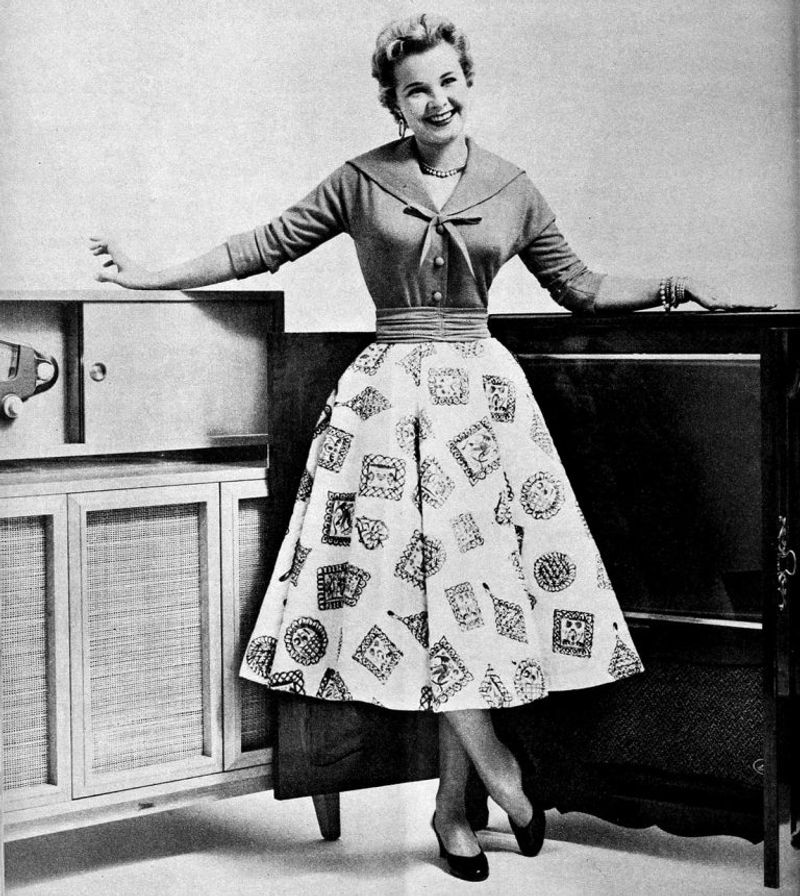
Pants were considered scandalous for women in most public settings during the 1950s. Many restaurants, offices, and schools had strict dress codes that banned women from wearing trousers. Even grocery shopping required a proper dress or skirt.
Women who dared to wear pants risked being turned away from businesses or facing harsh judgment from neighbors. The only acceptable times for pants were at home or during specific activities like gardening. This rule made simple tasks much more difficult and uncomfortable for women everywhere.
2. Never Leave the House Without a Hat and Gloves
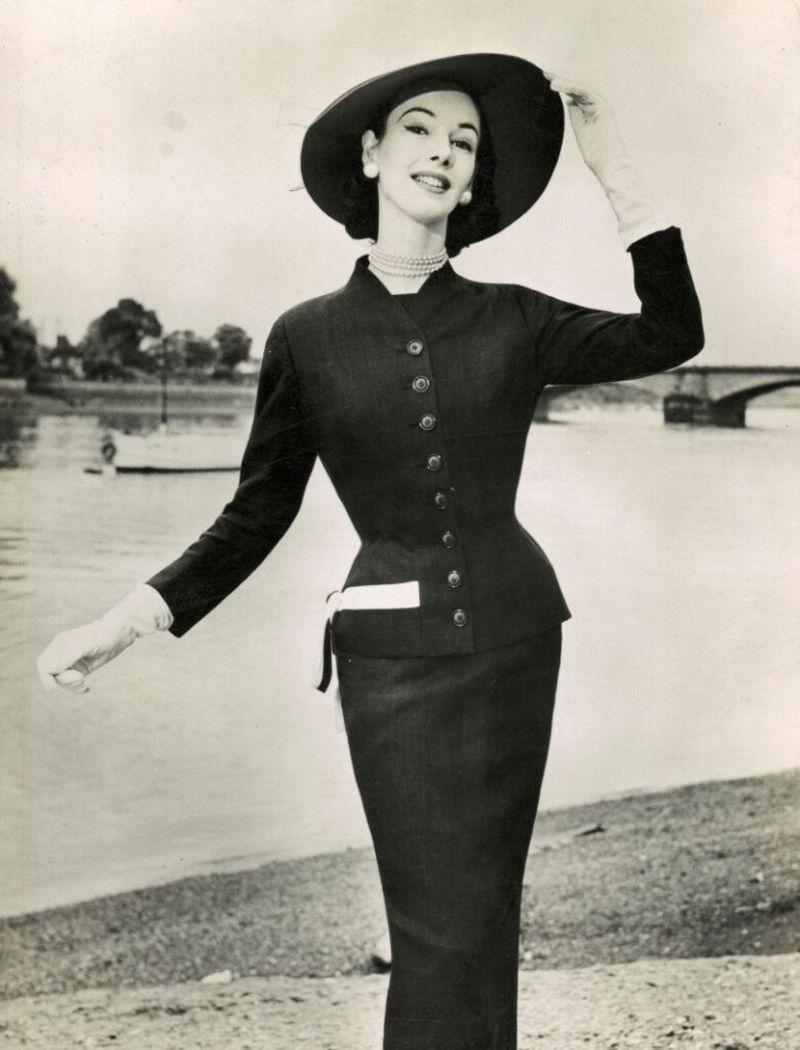
Proper ladies never stepped outside with bare heads or hands during the 1950s. Hats and gloves were considered essential accessories that showed good breeding and respectability. Women spent considerable time and money maintaining collections of these items.
Different occasions required different hat styles, from small pillbox hats for shopping to elaborate church hats for Sunday services. Gloves had to match the outfit and be spotlessly clean. Forgetting these accessories could result in social embarrassment and whispered gossip among other women in the community.
3. Quit Your Job Once You Get Married
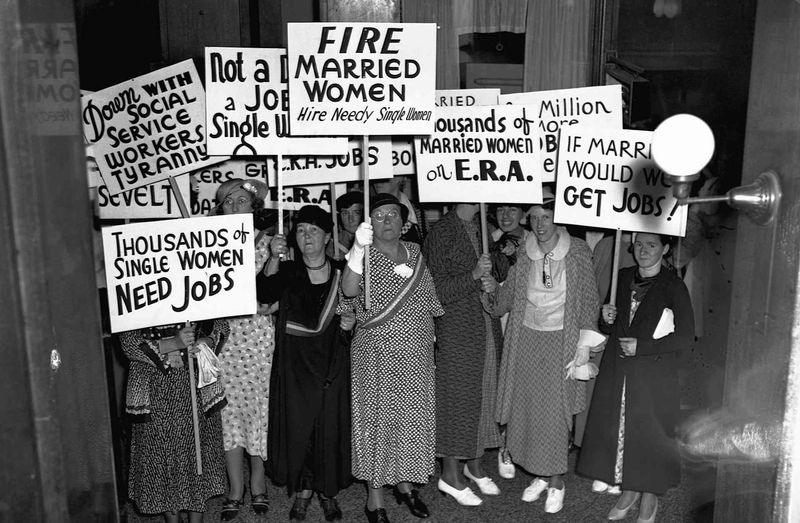
Marriage meant the immediate end of most women’s careers in the 1950s. Society expected wives to focus entirely on homemaking and supporting their husbands’ careers. Many employers actually fired women upon learning of their engagement or marriage.
Teaching was one of the few professions that sometimes allowed married women, but even then, pregnancy meant automatic dismissal. Women who tried to continue working faced criticism for neglecting their wifely duties. This rule forced many talented women to abandon promising careers and financial independence for domestic life.
4. Always Have Dinner Ready When Your Husband Comes Home
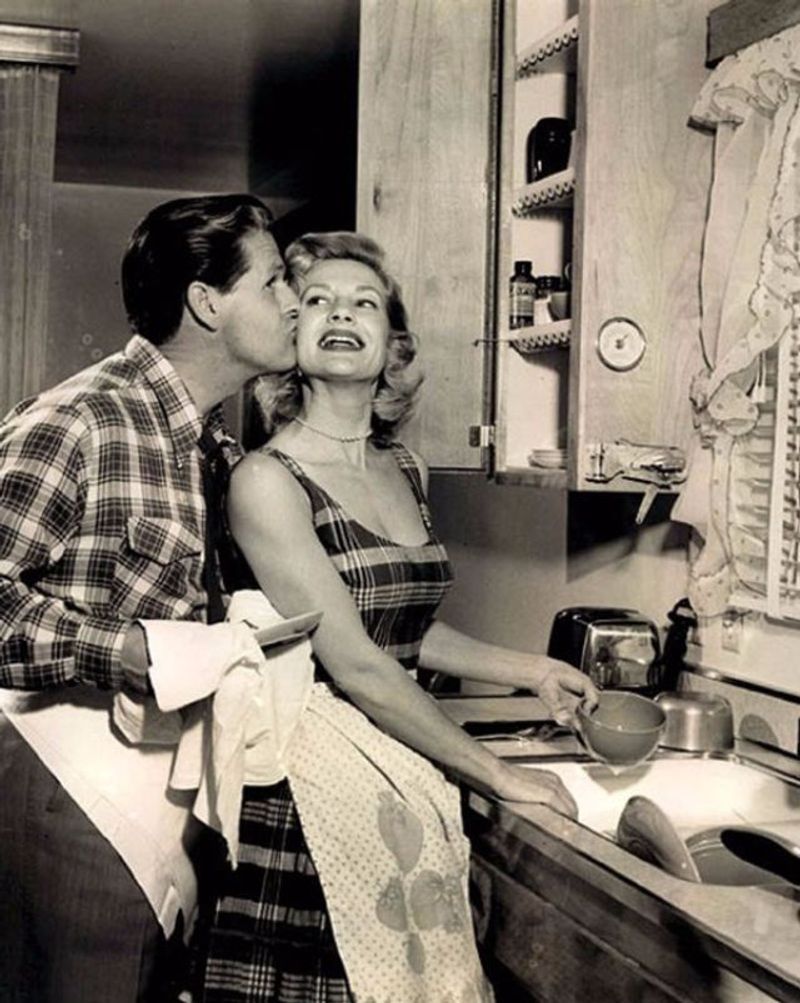
The perfect 1950s wife had a hot meal waiting the moment her husband walked through the door. This meant careful planning and timing throughout the day to ensure everything was ready at exactly the right moment. Women often spent hours preparing elaborate dinners.
Popular magazines provided detailed schedules showing how to time cooking so that everything finished simultaneously. Being late with dinner was seen as a serious failure in wifely duties. Many women felt tremendous pressure to create restaurant-quality meals every single night, regardless of their own exhaustion or circumstances.
5. Never Speak First When Introduced to Men

Etiquette rules demanded that women wait for men to speak first during introductions. Speaking too quickly or enthusiastically was considered forward and unladylike. Women practiced appearing demure and soft-spoken in all social situations.
This rule extended to many other interactions, including business meetings and social gatherings. Women learned to wait patiently for permission to join conversations. Even expressing strong opinions was discouraged, as it might make men uncomfortable. These restrictions made it extremely difficult for women to network professionally or advocate for themselves in any meaningful way.
6. Keep Your Husband’s Secrets and Never Complain
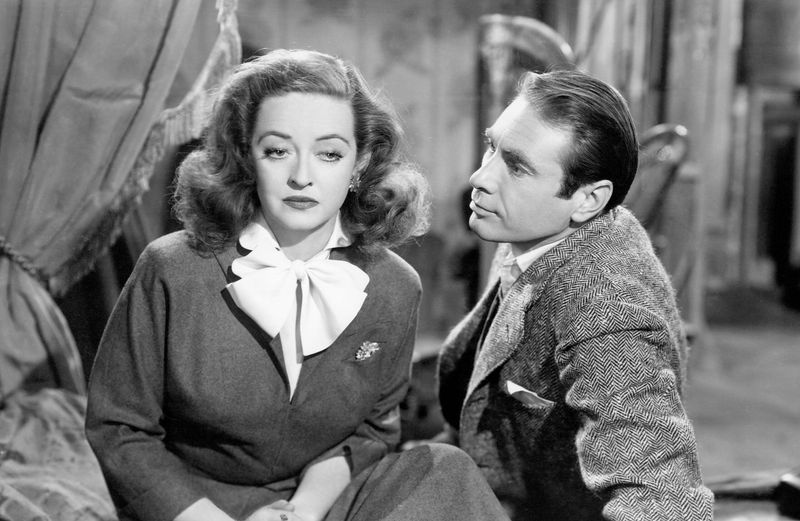
Loyalty meant keeping quiet about any problems in marriage, no matter how serious they might be. Women were expected to protect their husband’s reputation at all costs, even when facing difficult situations at home. Complaining was seen as disloyal and shameful.
Friends and family members often turned away women who tried to discuss marital problems, telling them to be better wives instead. This isolation left many women struggling alone with serious issues. The pressure to maintain a perfect public image prevented women from seeking help or support when they desperately needed it most.
7. Never Go Out Alone at Night
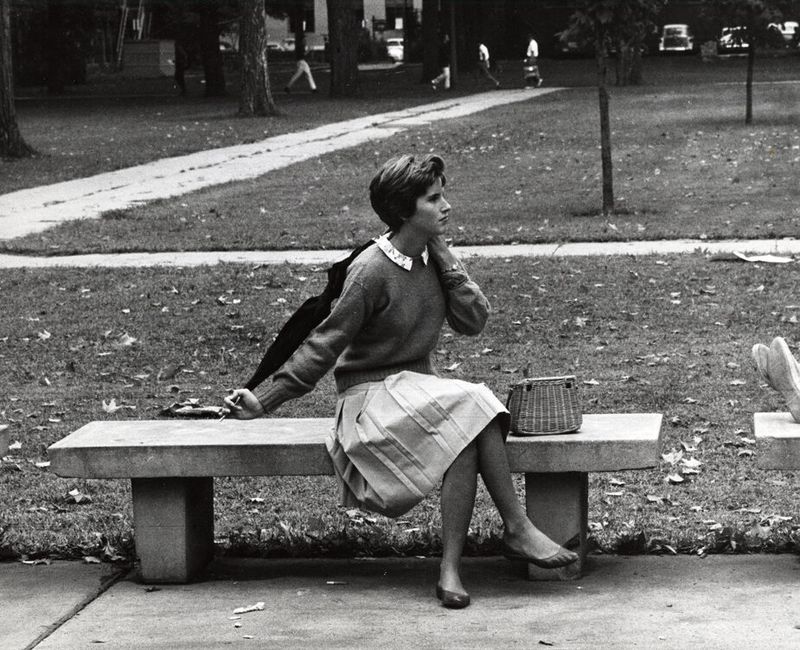
Respectable women stayed home after dark unless accompanied by their husbands or other appropriate chaperones. Going out alone at night was considered dangerous and improper, regardless of the destination or purpose. This rule severely limited women’s freedom and independence.
Even attending evening classes or cultural events required finding suitable escorts. Women who broke this rule faced harsh judgment about their character and reputation. Many missed valuable opportunities for education, career advancement, or simple entertainment because they couldn’t find appropriate companions for evening activities.
8. Always Defer to Your Husband’s Decisions
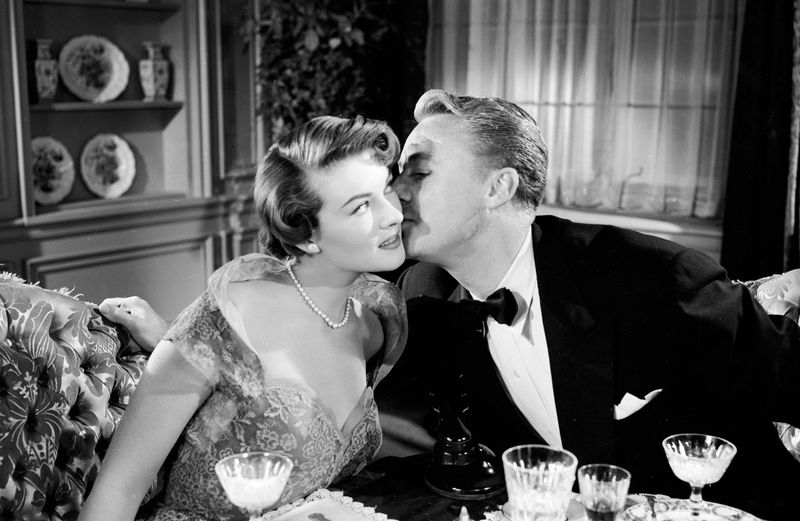
Wives were expected to agree with their husbands on all important matters, from finances to child-rearing to social activities. Challenging a husband’s decision was seen as undermining his authority and disrupting family harmony. Women learned to suppress their own opinions and preferences.
This rule applied to everything from choosing where to live to deciding how to spend money that wives had earned themselves. Many women developed elaborate ways of influencing decisions indirectly rather than openly disagreeing. The expectation of constant deference left many women feeling powerless and frustrated in their own homes and lives.
9. Never Discuss Money or Ask About Finances
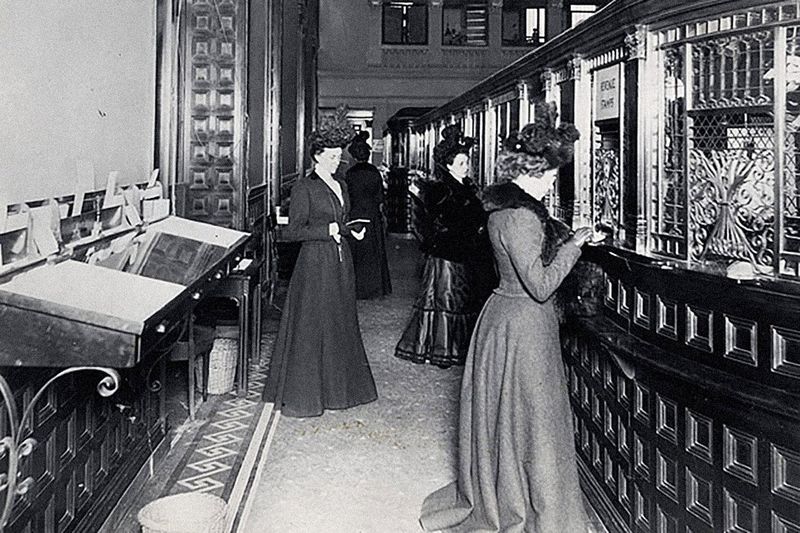
Money matters were strictly men’s business in the 1950s household. Women were expected to manage household budgets with whatever allowance their husbands provided, but asking questions about family finances was considered inappropriate and pushy.
Many wives had no idea how much their husbands earned or what debts the family carried. Banks often required a husband’s permission for wives to access even their own accounts. This financial ignorance left women completely vulnerable if something happened to their husbands. The secrecy around money prevented women from making informed decisions about their families’ futures.
10. Maintain Perfect Appearance at All Times

Women were expected to look flawless every moment of the day, from early morning until bedtime. This meant full makeup, styled hair, and pressed clothing even for household chores. Looking anything less than perfect was seen as letting yourself and your family down.
Many women woke up extra early to apply makeup before their husbands saw them. Popular advice suggested refreshing lipstick and powder before greeting husbands at the door each evening. The pressure to maintain constant perfection was exhausting and expensive, requiring significant time and money that many families could barely afford.
11. Never Raise Your Voice or Show Anger
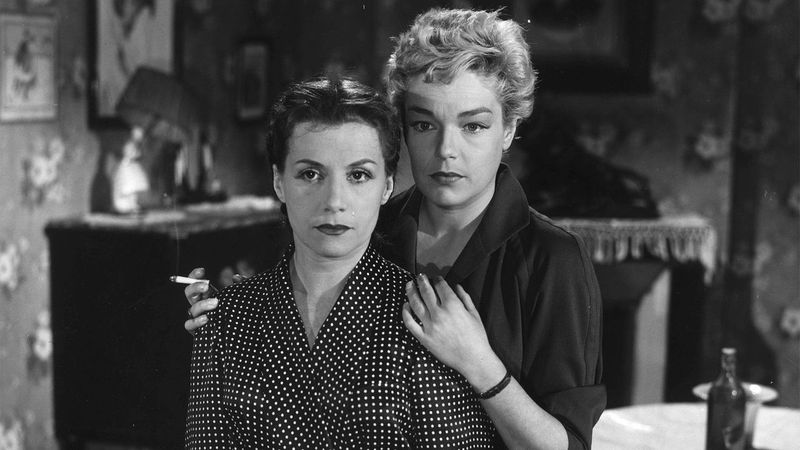
Emotional outbursts were considered unladylike and unacceptable for proper women. No matter how frustrated or angry they felt, women were expected to remain calm, quiet, and pleasant at all times. Raising voices or showing strong emotions brought shame to the entire family.
Women developed various ways of expressing displeasure indirectly, since direct confrontation was forbidden. This emotional suppression took a serious toll on mental health and relationships. Many women struggled with depression and anxiety because they couldn’t express their true feelings or address problems directly when they arose in their daily lives.
12. Get Permission Before Making Any Purchases
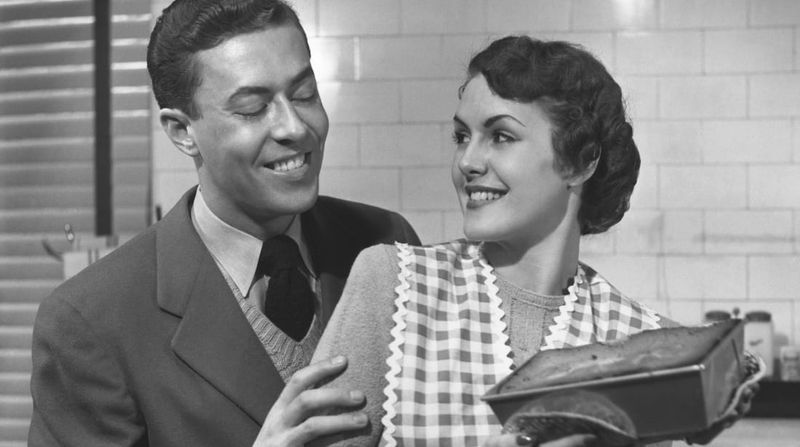
Even buying groceries or household necessities often required checking with husbands first. Women were expected to discuss any purchase beyond basic food items before spending money. This rule applied even when women had earned the money themselves through part-time work.
Many stores would call husbands to confirm approval for larger purchases made by wives. Credit cards and charge accounts were typically only available in men’s names. This system kept women financially dependent and unable to make independent decisions about their own needs and wants, creating frustration and resentment in many marriages.
13. Focus Entirely on Homemaking and Child Care
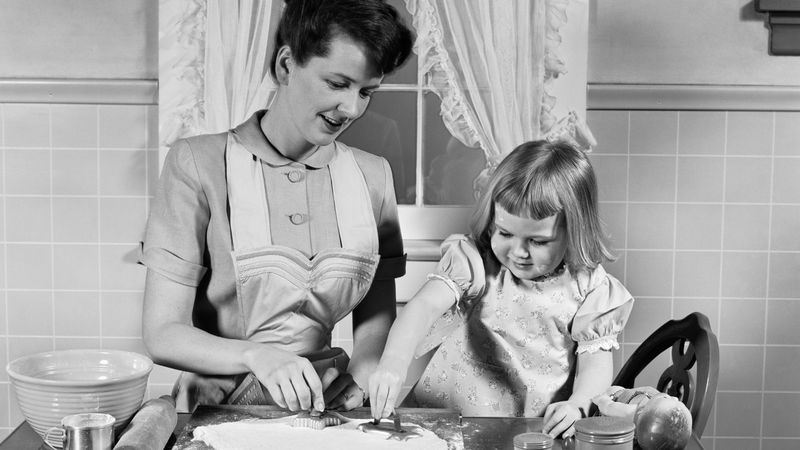
Society expected women to find complete fulfillment through domestic duties and raising children. Having interests or ambitions outside the home was seen as selfish and potentially harmful to family life. Women were supposed to be naturally satisfied with cooking, cleaning, and childcare.
Pursuing hobbies, education, or volunteer work that took time away from home duties faced criticism from neighbors and family members. Many women felt guilty for wanting more intellectual stimulation or personal achievement. This narrow focus left many intelligent, capable women feeling trapped and unfulfilled, leading to what researchers later called “the problem that has no name.”

Comments
Loading…